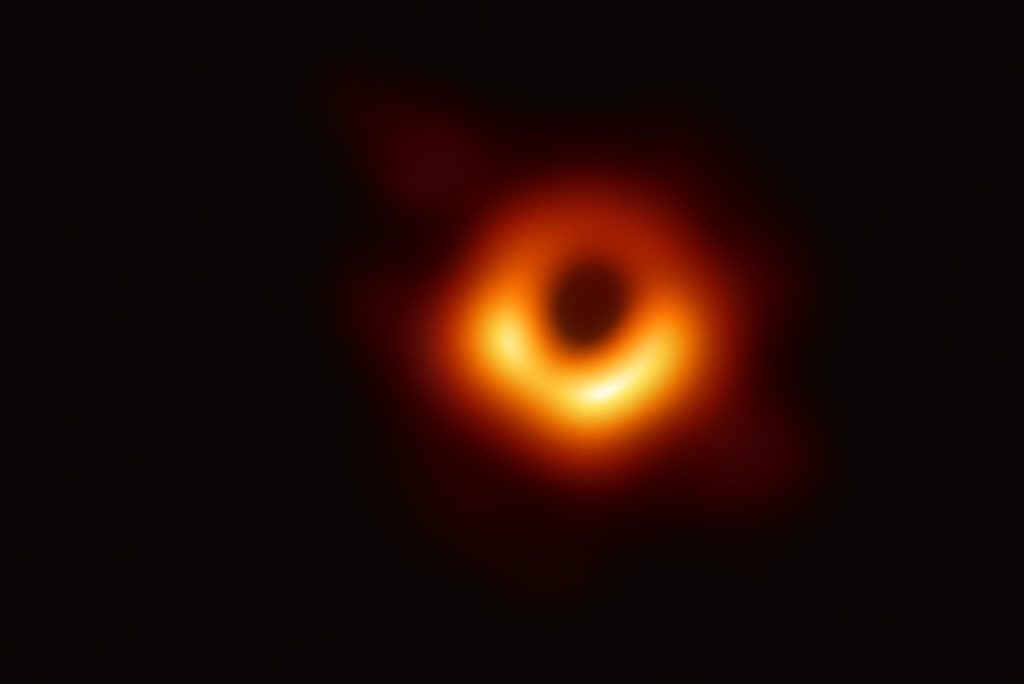In 2020, researchers including Chilean astronomer Tomas Rivinius reported the presence of a black hole in the star system HR 6819. Rivinius and his colleagues were convinced that HR6819 is a triple star system, consisting of a star orbiting a black hole in 40 days. The hole rotates, and a second star is in a much wider orbit around it.
Research by Julia Bodensteiner, who was a doctoral student at KU Leuven, suggested a different explanation based on the same data: HR 6819 could also be a system without a black hole, consisting of only two stars orbiting each other in 40 days. This alternative scenario would require one of the stars to be “disassembled”, meaning that it lost a lot of its mass to the other star in the recent past.
Piece of the puzzle
To investigate which of the two scenarios is true, the two research teams worked together. “We agreed that the system has two light sources, so the question was whether they were orbiting close together, as in the star turned off scenario, or far apart, as in the black hole scenario.” , explains Rivinius.
Using new observational techniques, two bright light sources have been observed, and they are only a third of the distance from the Sun to Earth. “This data turns out to be the final piece of the puzzle, leading us to conclude that HR 6819 is a binary star without a black hole,” said KU Leuven researcher Abigail Frost, who led the new study.
The phenomenon in which one star “sucks” the atmosphere of another star in a star system is also known as “stellar vampire”. It is a common phenomenon where the receiving star rotates faster because the donating star has lost some of its material.
“The chances of seeing the fallout from such an interaction are very slim,” Frost says. “This is what makes our conclusions about HR 6819 so interesting: It is an ideal candidate for investigating how vampires influence the evolution of massive stars, and associated phenomena such as gravitational waves and massive supernova explosions.”
The two research teams will now continue to work together to further study HR 6819 and use this knowledge to learn more about other binary star systems.

“Lifelong entrepreneur. Total writer. Internet ninja. Analyst. Friendly music enthusiast.”











More Stories
Monster Jam Showdown Launch Trailer
The European Digital Twin Ocean prototype reveals many possibilities
Instagram now lets you add a song to your account